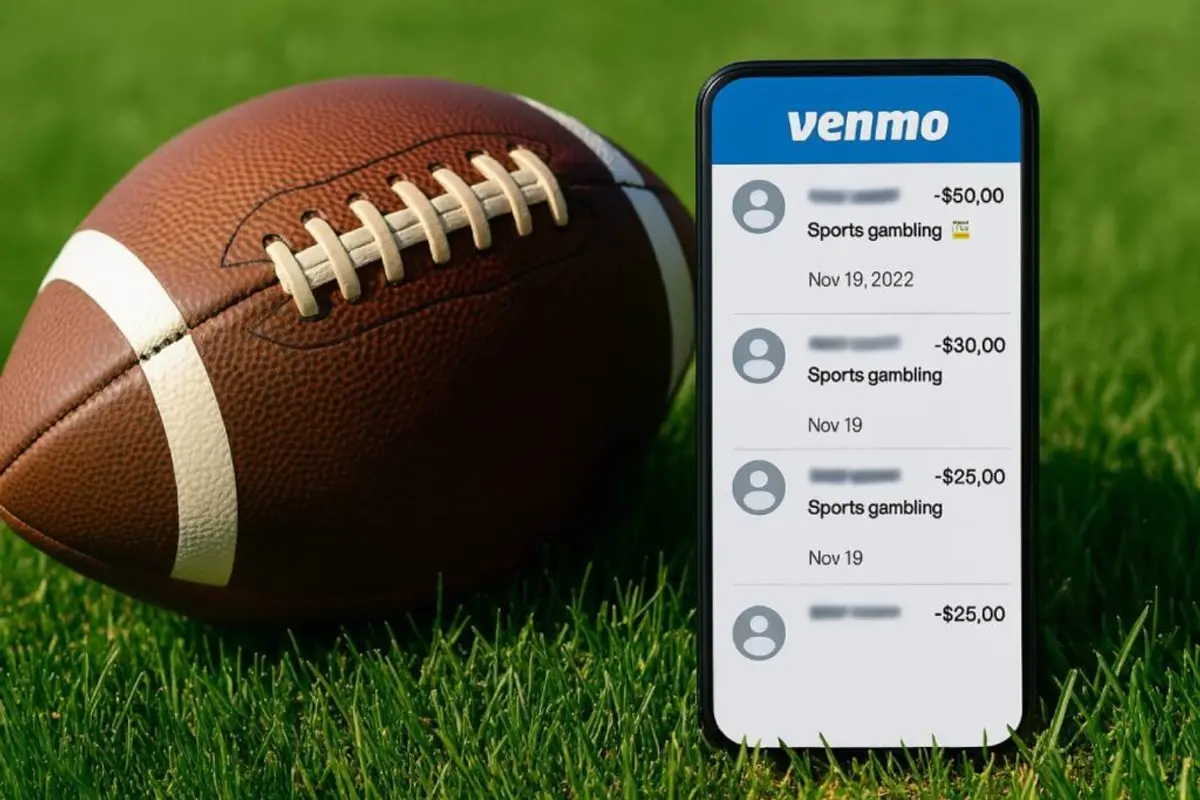NCAA Betting Rules Put Oklahoma QB Under Spotlight After Viral Venmo Screenshots


Oklahoma Sooners quarterback John Mateer is pushing back against online speculation that he engaged in sports betting, following the circulation of Venmo payment screenshots labeled “sports gambling”, one referencing the November 2022 UCLA vs. USC game. Mateer, who transferred from Washington State earlier this year, insists the captions were inside jokes and not evidence of NCAA violations.
While the quarterback denies wrongdoing, the story has sparked fresh discussion about compliance, enforcement, and how quickly gambling-related claims can take off in the social media era. For the gambling industry, from sportsbooks to regulatory bodies, it’s another example of how perception alone can carry real reputational risks.
How It Started, And Why It Matters
The controversy began when screenshots from Mateer’s Venmo history surfaced on social platforms earlier this week. Two transactions from November 2022 included the term “sports gambling,” with one naming the UCLA vs. USC matchup from that month.
For operators and industry watchers, the significance is clear: NCAA rules on athlete betting are among the strictest in sports. Any confirmed betting activity could lead to suspensions or lifetime bans, similar to how licensed online betting operators face severe penalties for failing to follow compliance laws. While the NCAA is not currently investigating, Oklahoma officials say they are aware of the screenshots and have reviewed the situation.
NCAA Rules vs. Industry Standards
Under NCAA guidelines updated in 2023, athletes are prohibited from betting on any NCAA-sanctioned sport, even if it’s at a professional level. Wagering on games in their own sport can lead to suspensions of up to 50% of a season, while betting on their own team can trigger permanent ineligibility.
The rules mirror, in many ways, the “fit and proper” checks in regulated online gambling markets. Just as sportsbooks must monitor player activity through identity verification, the NCAA works with monitoring services like U.S. Integrity and ProhiBet to detect suspicious betting patterns.
Social Media Reaction and Public Perception
Fan responses have been mixed. Some say the captions were harmless jokes, pointing out that Venmo notes are often used for pranks between friends. Others believe public-facing athletes should avoid any wording that could be misunderstood, especially given recent betting scandals involving college players.
In online forums, some compliance professionals have noted that the screenshots, regardless of intent, are a “teachable moment” for athletes and teams when it comes to digital footprint risks.
Comparisons to Other Cases
Mateer’s situation comes after high-profile NCAA gambling cases, such as Iowa State quarterback Hunter Dekkers losing his eligibility for betting on games. In the professional arena, the NFL has seen its own share of suspensions, proving that even leagues with massive compliance budgets struggle to keep betting issues out of headlines.
The Stakes for Oklahoma and Mateer
Mateer, ranked No.1 in ESPN’s transfer portal last season, is expected to be a key part of Oklahoma’s turnaround efforts in the SEC. His on-field stats, over 3,100 passing yards, 29 touchdowns, and 826 rushing yards last season, put him among the nation’s top dual-threat quarterbacks.
For the Sooners, a mid-season suspension could be devastating, especially given their challenging 2025 schedule, which includes games against five preseason Top 15 teams.
What This Means for the Gambling Industry
While this case seems more about perception than proven violations, it still offers a few reminders for the gambling world:
- Perception Matters: In regulated markets, even unfounded claims can harm credibility.
- Education is Essential: Whether for NCAA athletes or casino employees, ongoing training can prevent misunderstandings.
- Monitoring Tools Have Multiple Uses: The same tech that flags suspicious betting activity for sportsbooks is now helping protect amateur sports integrity.
The Bottom Line
Mateer’s Venmo captions may have been nothing more than ill-timed jokes, but they show how quickly a betting-related narrative can spiral. For athletes, teams, and gambling operators alike, it’s a cautionary example of why clear communication and compliance awareness matter as much as the rules themselves.
Was this article helpful?


